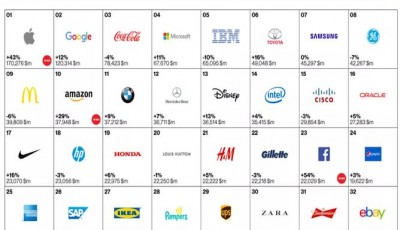UK orders Google remove links to stories on right to be forgotten
The decision to make Google remove links to news articles about removing links has led to fears that this newly-proven recursive nature of the right to be forgotten legislation could lead to the removal of links to reports on the decision itself. Opting not to remove the links would constitute a criminal offence that the ICO could bring Google in front of a Magistrate’s Court for. Google had previously removed other links relating to the offense at the request of the individual in question, the government said. Google responded to the individual’s request in compliance with EU regulations.
“You can search under “right to be forgotten”, “takedown”, and you can look at the whole discussion about whether it’s being taken down”, he told the BBC, “but if you search the individual’s name you should get a different set of search results”.
Originally, Google lost its battle against so-called Right to Be Forgotten cases, which often include legal requests to erase past criminal activity from the Internet. When Google agreed (a move the firm now surely regrets), a number of publications picked up the story as newsworthy, leading to a new slew of articles about the individual and mentions of his crime. “It is wrong of them to now refuse to remove newer links that reveal the same details and have the same negative impact”. Google refused, arguing that the articles were primarily about the company’s response, and were therefore an essential part of a recent news story relating to a matter of public interest. “That means they shouldn’t include personal information that is no longer relevant”.
“Let’s be clear. We understand that links being removed as a result of this court ruling is something that newspapers want to write about”. “However, that interest can be adequately and properly met without a search made on the basis of the complainant’s name”.
Still, the silver lining here, at least from Google’s perspective, is that no European government can force Google to alter results on its American search engine. The company, however, has the right to appeal their concern to the General Regulatory Chamber against the ruling. The Mountain View-based tech giant now has a period of 35 days – from August 18 – to erase these links from its search engine listings for the plaintiff’s name. Google has argued the right to be forgotten does not extend throughout the world, and is opposing efforts by academics and privacy advocates to pressure the Federal Trade Commission to create a similar regulation in the U.S.












